by Rio Hoe
The views expressed in this article are Rio’s own. The original article can be found here.
Victim-blaming is unacceptable. It is illogical and rests on a failure to distinguish the importance of precautions and the idea that people deserve to suffer for failing to take them. Rape is a deliberate act; the wrong always lies with the perpetrator, and never the victim.
In the context of rape, victim-blaming is unacceptable. Yet, it happens more often than we think. Take a look at some of the comments on a recent news article by ChannelNews Asia titled, ‘Man on trial for abducting and raping unconscious woman 15 years younger’ (Mar 30).
This above comment was the comment with the most ‘likes’ at time this blog entry was written. The comments section can be found here. There are more:
Rape is avoidable, if men don’t rape.
These sort of views are regressive. People who are raped do not “ask for it”. Rapists are not jailed “because she (the victim) said so”. In the context of rape, it does not “take 2 hands to clap” – in fact, that contradicts the very definition of rape as non-consensual sex. And finally, yes, rape is avoidable, if men don’t rape.
The wrong in rape is the wrong committed by the offender through a deliberate act of penetration despite the victim’s refusal, or inability to give consent. The victim commits no wrong. Even if the victim placed herself in a vulnerable position, it does not at all reduce the wrong committed by the offender. Thinking otherwise is illogical. If we blame rape victims for doing things that increase the likelihood of rape, shouldn’t we also condemn murder victims for failing to carry a weapon, or failing to end an abusive relationship, since these could have avoided a murder? Shouldn’t we also condemn people who become victims of harassment and abuse because they share political views which people dislike, since “they could have kept their mouth shut?”. We don’t, because we understand that people have a right not to be murdered, and a right to express their political views without being abused, or worse, physically harmed. So why do some people not accept that people have a right not to be raped? The fact is, victim-blaming is a problematic and illogical practice, and we should be unafraid to call people out on it, and put an end to it.
I can anticipate several responses to my claims. I will address just three of them for now.
First, one might ask: ‘does this mean we shouldn’t take precautions?’ Of course not. I do not think it is wrong to tell our friends and family to watch their drinks to prevent ‘spiking’, or to moderate their alcohol intake. But we should only do so because we are aware that the world is filled with people with bad intentions, and because we realize society is imperfect, and people do commit wrongs against women. But we should not do so because we believe that failing to take precautions puts the victim in the wrong. These are two very different attitudes to have; the latter constitutes victim-blaming, and is unacceptable.
There is a difference between reminding people to take care of themselves, and to blame them when a bad thing happens to them because they failed to do so
There is a difference between reminding people to take care of themselves, and to tell people that they are to blame when a bad thing happens to them because they failed to take care of themselves. Too many people fail to make this distinction.
Second, one might ask: in cases, such as in car accidents, the liability of the wrongdoer is reduced if the victim’s actions increased the likelihood of the wrong occurring. For example, if I ride my motorbike dangerously, or dash across the road, someone who knocks me down with his car will pay less compensation than if I had used a zebra crossing. So why should this not apply to rape? This argument is not uncommon – I encountered it in the same comments section as the comments above:
Deliberate wrongs belong to a special class of wrongs which attract condemnation despite a victims’ actions.
There is, in fact, a huge difference. In the case of motor accidents, the harm is caused (you guessed it), by accident. This changes the nature of the wrong; it is what we can call an accidental wrong. Hence, the traffic accident case is a different type of case from rape, which is a deliberate wrong. Think about it this way: if someone sets out to murder me by running me over with his car, surely I am not to be blamed for failing to use the overhead bridge, or for leaving my house in the first place. The murderer, through his/her deliberate acts, committed a wrong, and this causes my actions to ‘drop out of the picture’. Deliberate wrongs belong to a special class of wrongs which attract condemnation despite a victims’ actions. This is because the responsibility of the wrongdoer, having direct his/her free will towards causing harm, becomes the focus of our moral and legal censure.
Rapes are caused by people. They are not things that happen to people
Remember that rapes are caused by people. They are not things that happen to people. It is not like getting struck by lightning, or being crushed by a falling tree. Rape is a deliberate act, committed with the intention to harm. Hence, the wrong in rape lies solely with the rapist, never the victim.
Third, one might ask: where it is ‘easy’ to avoid rape, shouldn’t victims attract some blame if they fail to do so? In response, I argue that it is not for anyone to say what is ‘easy’ for someone else. As seen from the comments above, some victim-blamers suggest that for women, it is as ‘easy’ as, for example, not drinking, or avoiding the company of men who have previously made advances towards them.
This is wrong, and let me explain why. Women are already disadvantaged in the workplace due to sexist attitudes, and the fact that corporate leadership remains male-dominated (I recently wrote an article on this). It is unlikely that they can avoid the advancements of their male colleagues, or avoid corporate events that include alcohol, if they wish to advance their careers, since these actions may be seen by the male-led corporate leadership as being ‘unsociable’, or failing to be a ‘team-player’.
Hence, the argument that vulnerable situations are ‘easy’ to avoid ignores the unequal power structures that women have to deal with on a daily basis. In the rape case reported above, for example, it was reported that ‘the victim tolerated Ong’s (the rapist) advances so as not to jeopardise her internship at an F&B company whose owners were friends with the accused’.
I am glad that in the comments section of the above-mentioned news article, some people have called out victim-blamers for their ill-founded views. However the fact that victim-blaming comments regularly end up as the ‘top’ comments (with the most ‘likes’) demonstrate the pervasiveness of this regressive mentality in our society. I hope that my contribution will help people call out those who victim-blame, and explain to them why they are wrong, and why their attitudes must change.
R
This post was contributed by Rio Hoe of ConsensusSG.










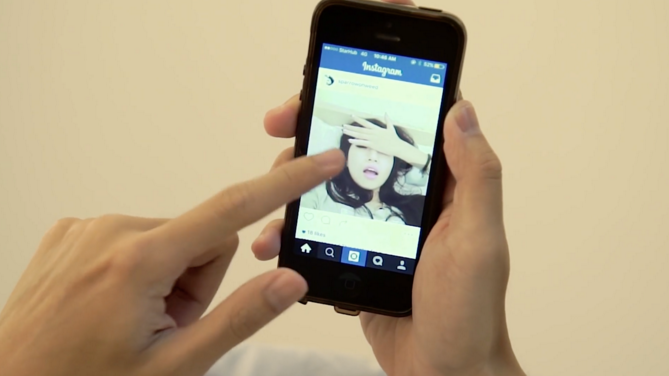
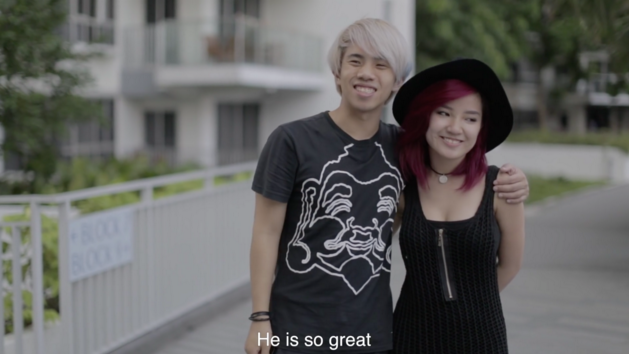
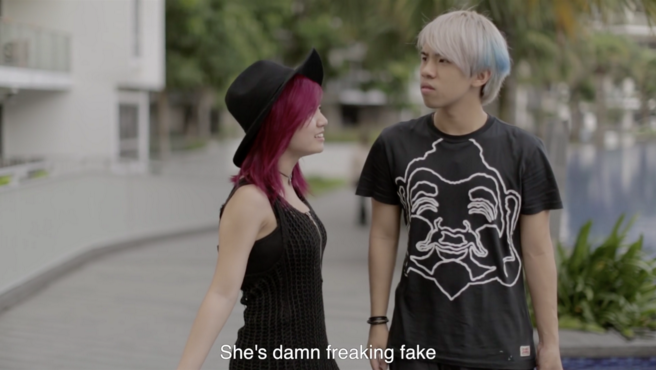
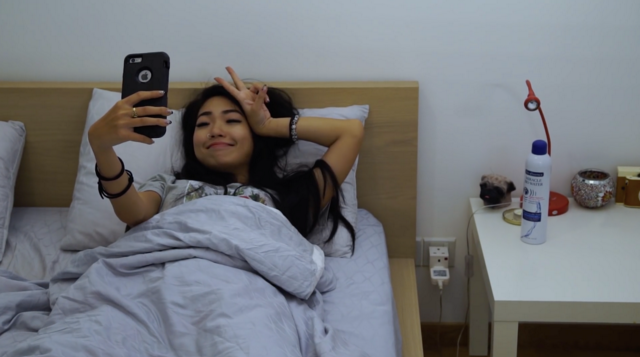


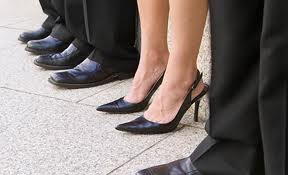


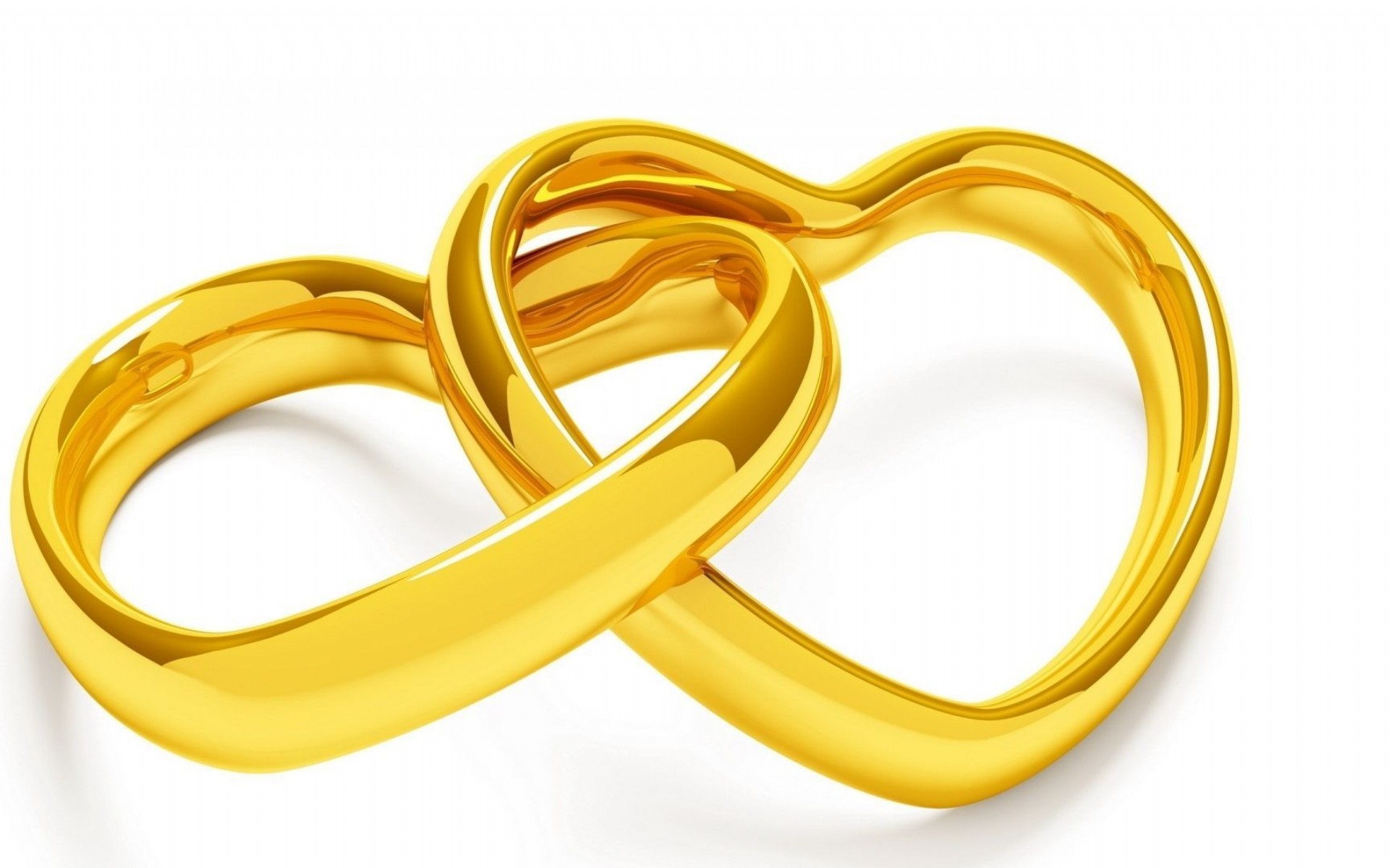


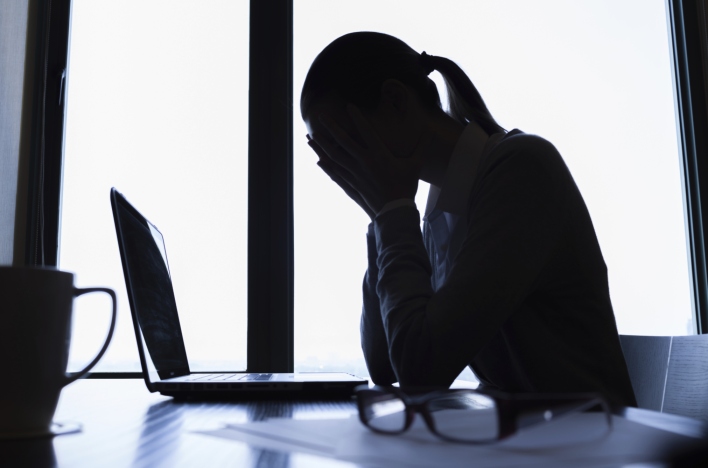
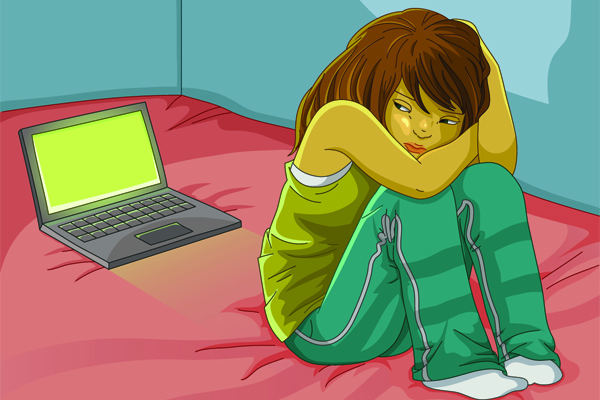

 few Sundays ago, I watched the recently released Vacation. The movie is about a family in the U.S. who, in an attempt to revitalise their annual family summer vacation, decide to go on a road trip to the father’s childhood vacation spot, the fictional amusement park ‘Wally World’.
few Sundays ago, I watched the recently released Vacation. The movie is about a family in the U.S. who, in an attempt to revitalise their annual family summer vacation, decide to go on a road trip to the father’s childhood vacation spot, the fictional amusement park ‘Wally World’.



 People aren’t always going to pat us on the back for speaking up. In order to spark real change, men need to be okay with starting conversations that nobody wants to have, and dealing with discomfort. You need to listen keenly to women’s experiences and take them seriously.
People aren’t always going to pat us on the back for speaking up. In order to spark real change, men need to be okay with starting conversations that nobody wants to have, and dealing with discomfort. You need to listen keenly to women’s experiences and take them seriously.